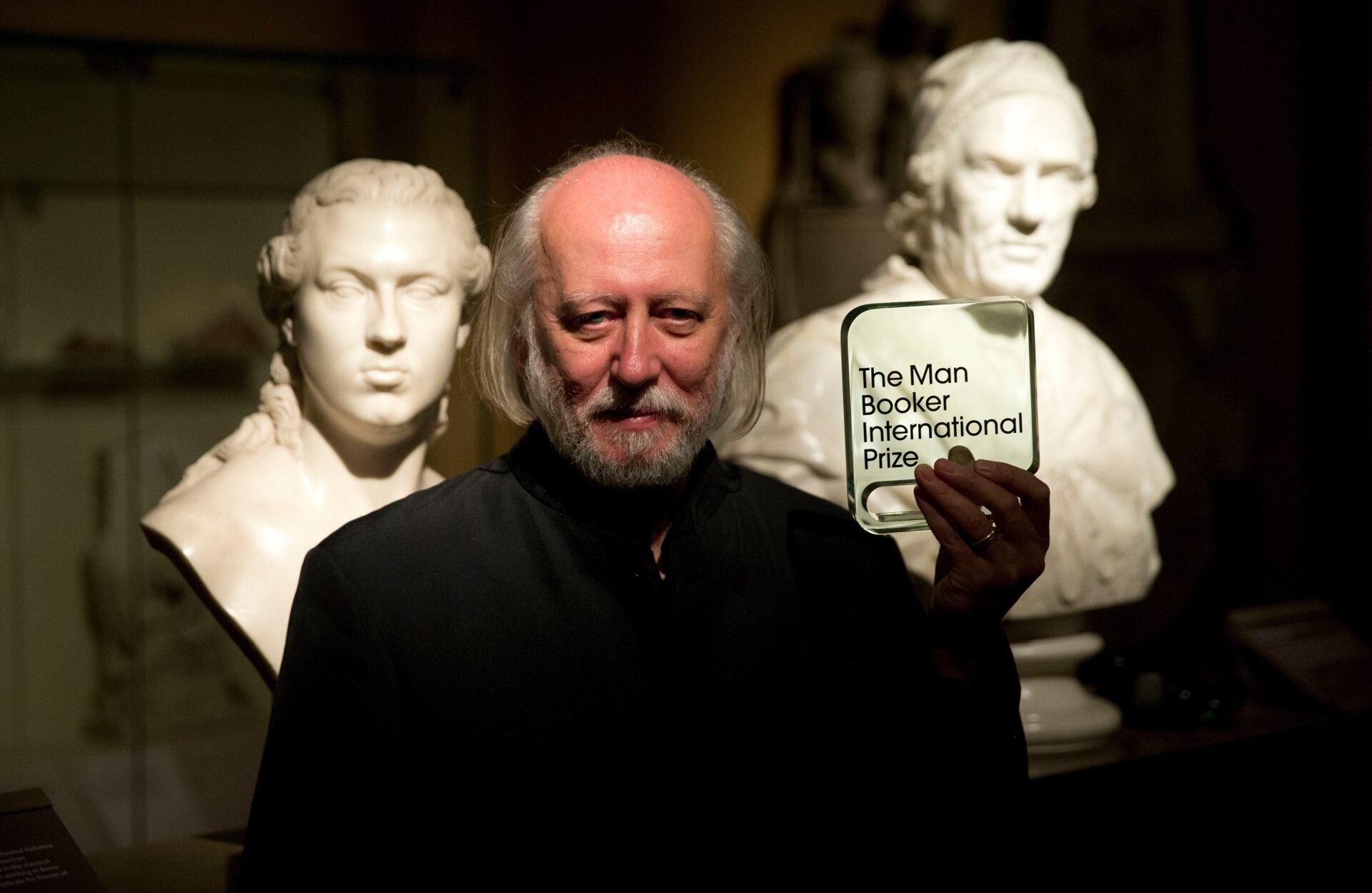Hungarian author László Krasznahorkai has been awarded the 2025 Nobel Prize in Literature for his visionary works that explore apocalyptic themes while affirming the power of art in turbulent times. This article provides a structured and factual overview of Krasznahorkai’s literary career, his major works, thematic focus, and the significance of this honor.
Early Life and Background
László Krasznahorkai was born in 1954 in Gyula, Hungary, near the Romanian border. His upbringing during the communist regime and his extensive travels have deeply influenced his literary voice. He is noted for embracing the Central European literary tradition, with philosophical and existential undertones reminiscent of Kafka and Thomas Bernhard.
Nobel Prize Recognition
The Swedish Academy awarded Krasznahorkai the Nobel Prize in Literature citing his ability to create deeply immersive narratives that blend despair and apocalyptic visions with artistic transcendence. The Academy praised him for reviving epic storytelling infused with reflections on chaos, order, and humanity’s fragile existence in modern society.
Major Literary Themes and Style
Krasznahorkai’s literature is known for dense, poetic prose and long, flowing sentences. His themes often revolve around societal decay, existential despair, resistance, and the search for meaning amidst chaos. These complex narratives challenge conventional storytelling and engage readers in philosophical meditation.
Major Works and Achievements
| Title | Year | Key Themes | Notable Adaptations | Awards |
|---|---|---|---|---|
| Satantango | 1985 | Despair, societal collapse | 7-hour film by Béla Tarr | Best Translated Book Award 2013 |
| The Melancholy of Resistance | 1989 | Chaos, resistance to oppression | None | None |
| War and War | 1999 | Obsession, loss, search for meaning | None | Man Booker International Prize 2015 |
Influence and Legacy
“Satantango,” his breakthrough novel, became a landmark in postmodern literature and was adapted into a critically acclaimed film by Béla Tarr. Krasznahorkai’s works consistently evoke Central European landscapes and cultures, while incorporating Eastern philosophical elements from his travels in China and Japan.
His literary contributions make him the second Hungarian author after Imre Kertész to win the Nobel Prize in Literature. His recognition at age 71 underscores his lasting impact as a “master of the apocalypse,” with works that resonate deeply in today’s world marked by conflict and uncertainty.
Conclusion
László Krasznahorkai’s Nobel Prize not only honors his unique narrative craftsmanship and intellectual depth but also reaffirms literature’s vital role in confronting existential crises. His works remain essential reading for understanding the human condition through the lens of despair and hope, bridging Central European heritage with global literary discourse.

